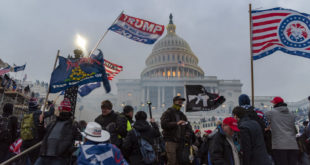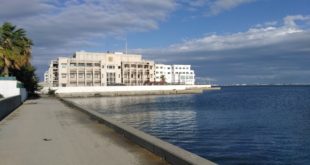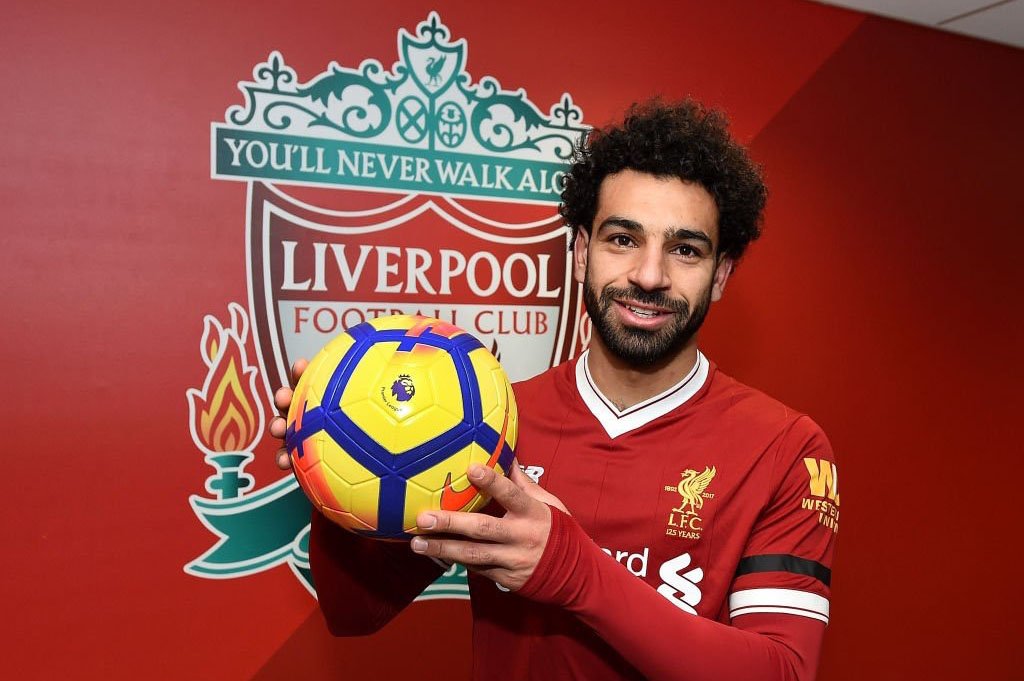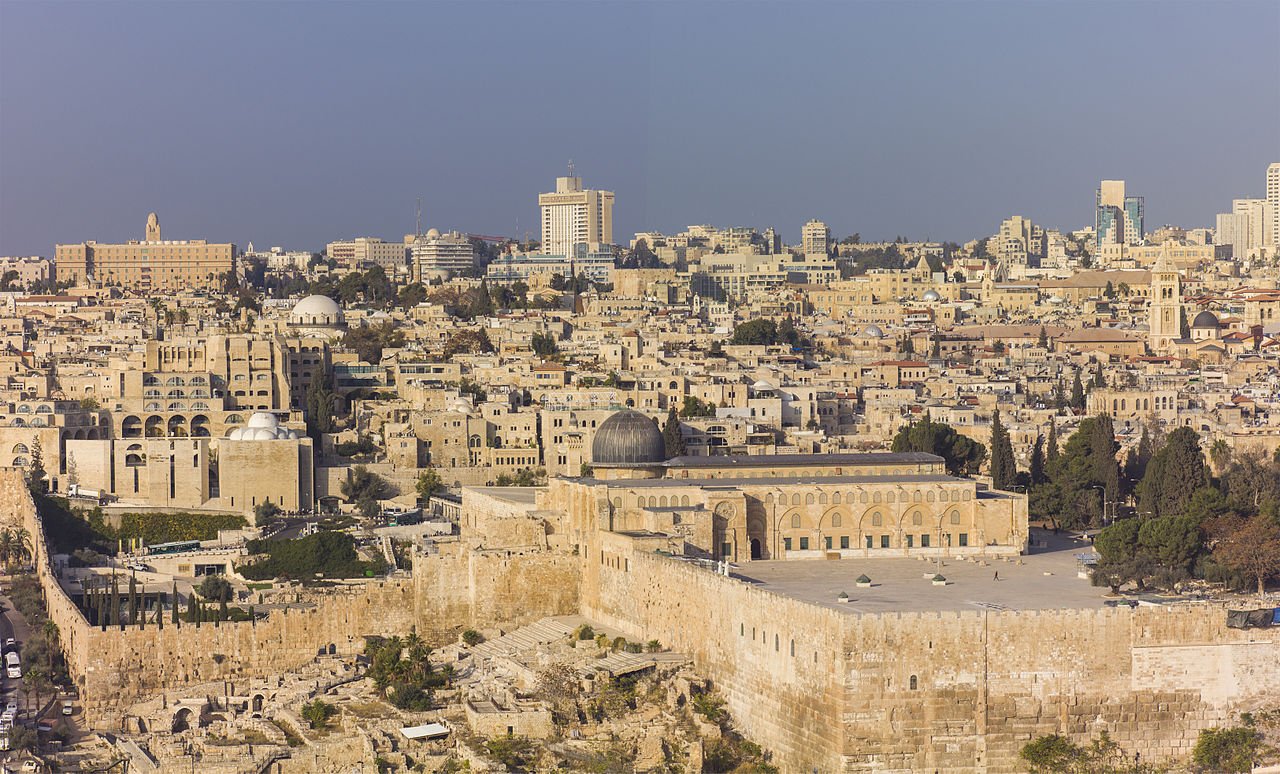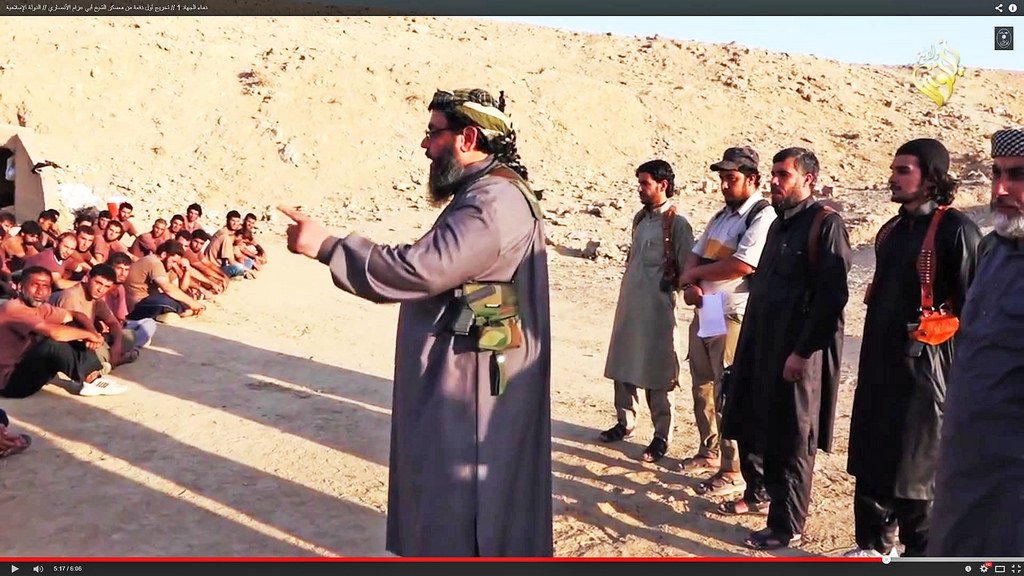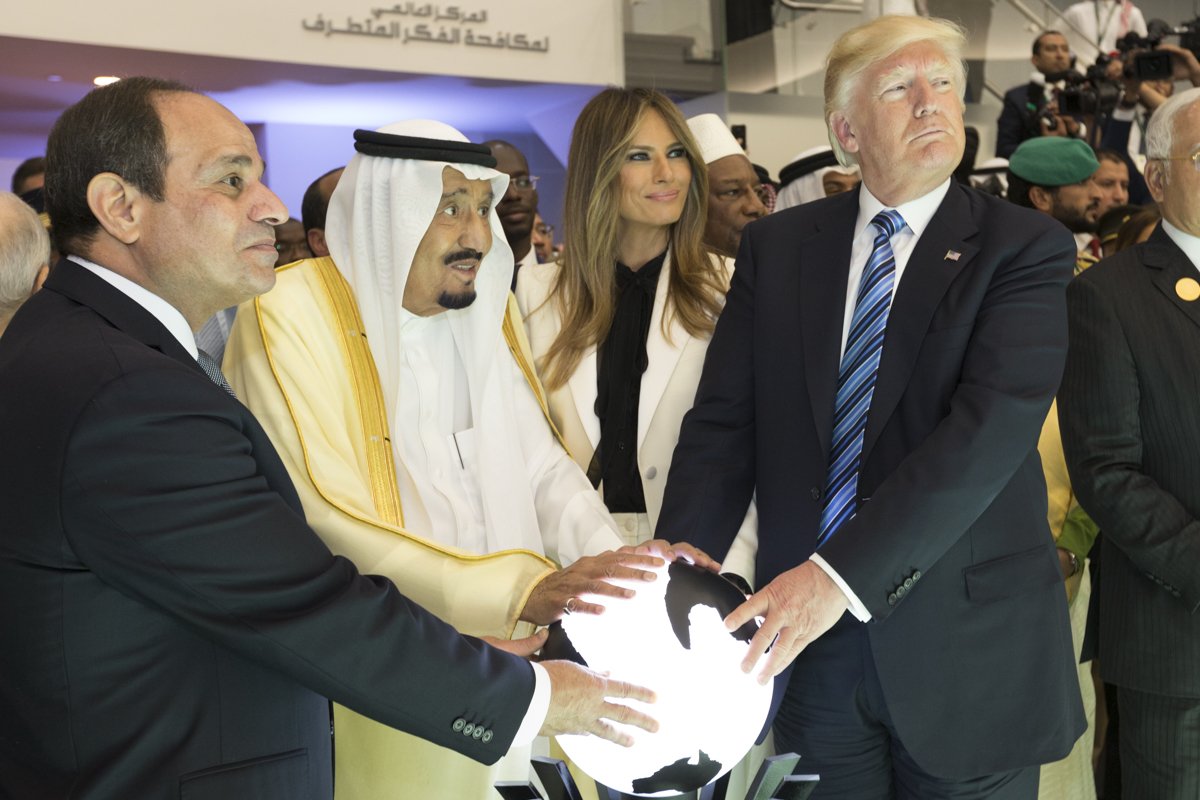For a region that has had to deal with the aftermath of decades of U.S. intervention, occupation and punishing sanctions under the banner of democracy and human rights, the live pictures of American pro-Trump rioters storming the U.S. Capitol were nothing short of astounding. Public ridicule and scorn came fast …
Read More »World Affairs
Contemporary Arab and International Trends in Electronic Public Relations Studies (Arabic)
Issue 30, summer/fall 2020 https://doi.org/10.70090/HNES29CA Scroll down for English abstract. The study sought to provide a visualization of the development of Arab and international public relations research via the internet to determine the extent to which Arab research aligns with the global context, and find out whether social networks have …
Read More »The Development of British Public Diplomacy in the Arab World
Issue 30, summer/fall 2020 https://doi.org/10.70090/AAR29BPD Abstract This paper attempts to map the major changes and developments of British public diplomacy in the Arab world. I argue here that the BBC and the British Council have greatly assisted British public diplomacy efforts and can be regarded as effective because exerting influence …
Read More »Film Review | Watching “Us” in the Middle East
Issue 27, winter/spring 2019 https://doi.org/10.70090/MM27WUME “Us,” Jordan Peele’s newly released horror film, raises questions about American identity that will appear very different to viewers outside the United States. Peele has claimed that “Us” aims to hold up a mirror to American society, showing “us” how “we are our worst enemies.” …
Read More »BOOK REVIEW | Young People and the Future of News: Social Media and the Rise of Connective Journalism
Issue 26, summer/fall 2018 https://doi.org/10.70090/HB18FNSM What do school reform, presidential elections, LGBTQ rights, globalization, police brutality, and a Boston casino have in common:? They have all been the impetus behind youth participating, communicating, and practicing forms of connective journalism in the United States. This, in brief, is the main argument …
Read More »The Ambassador: Mohamed Salah and the Future of Xenophobia in Football
While a post-Brexit United Kingdom continues to struggle with xenophobia and anxieties about the Arab/Muslim diaspora, a new hero has emerged in the country’s most popular sport. He’s wildly talented, he’s from Egypt, and he’s Muslim. Known as “The Pharaoh”, “The Egyptian King”, and even the “Egyptian Messi”, 25-year-old Mohamed …
Read More »Shining New Light on the Palestinian Cause: The Unintended Consequences of Trump’s Jerusalem Declaration
Issue 25, winter/spring 2018 https://doi.org/10.70090/AS18IDKH A few days before U.S. President Donald Trump declared that America would recognize Jerusalem as the capital of Israel, a number of Arab heads of state—including the leaders of Jordan, Saudi Arabia, and the Palestinian Authority (not yet a state but one in the making …
Read More »BOOK REVIEW | As Terrorism Evolves
Issue 25, winter/spring 2018 https://doi.org/10.70090/DB18BRTE Seib, P. (2017). As Terrorism Evolves: Media, Religion and Governance. Cambridge, U.K.: Cambridge University Press. USC journalism professor Philip Seib has done a great service for those who follow media-driven events connected with terrorism inspired by Middle East- and Africa-based terror groups that have, for …
Read More »Sources of Resilience in Political Islam: Sacred Time, Earthly Pragmatism, and Digital Media
Issue 25, winter/spring 2018 https://doi.org/10.70090/RH18SRPI Patience. [The member] should have plenty of patience for enduring afflictions if the enemies overcome him. He should not abandon this great path and sell himself and his religion to the enemies for his freedom. He should be patient in performing the work, even if …
Read More »Challenges for U.S. Public Diplomacy in the Age of Trump
Issue 25, winter/spring 2018 https://doi.org/10.70090/WAR18WWW American diplomats responsible for public diplomacy working in the Middle East have always faced a number of challenges. Most arise from criticisms of U.S. policy; for example, the Arab-Israeli conflict, American intervention in Iraq, or the US posture toward the civil war in Syria. In …
Read More » Arab Media & Society The Arab Media Hub
Arab Media & Society The Arab Media Hub
